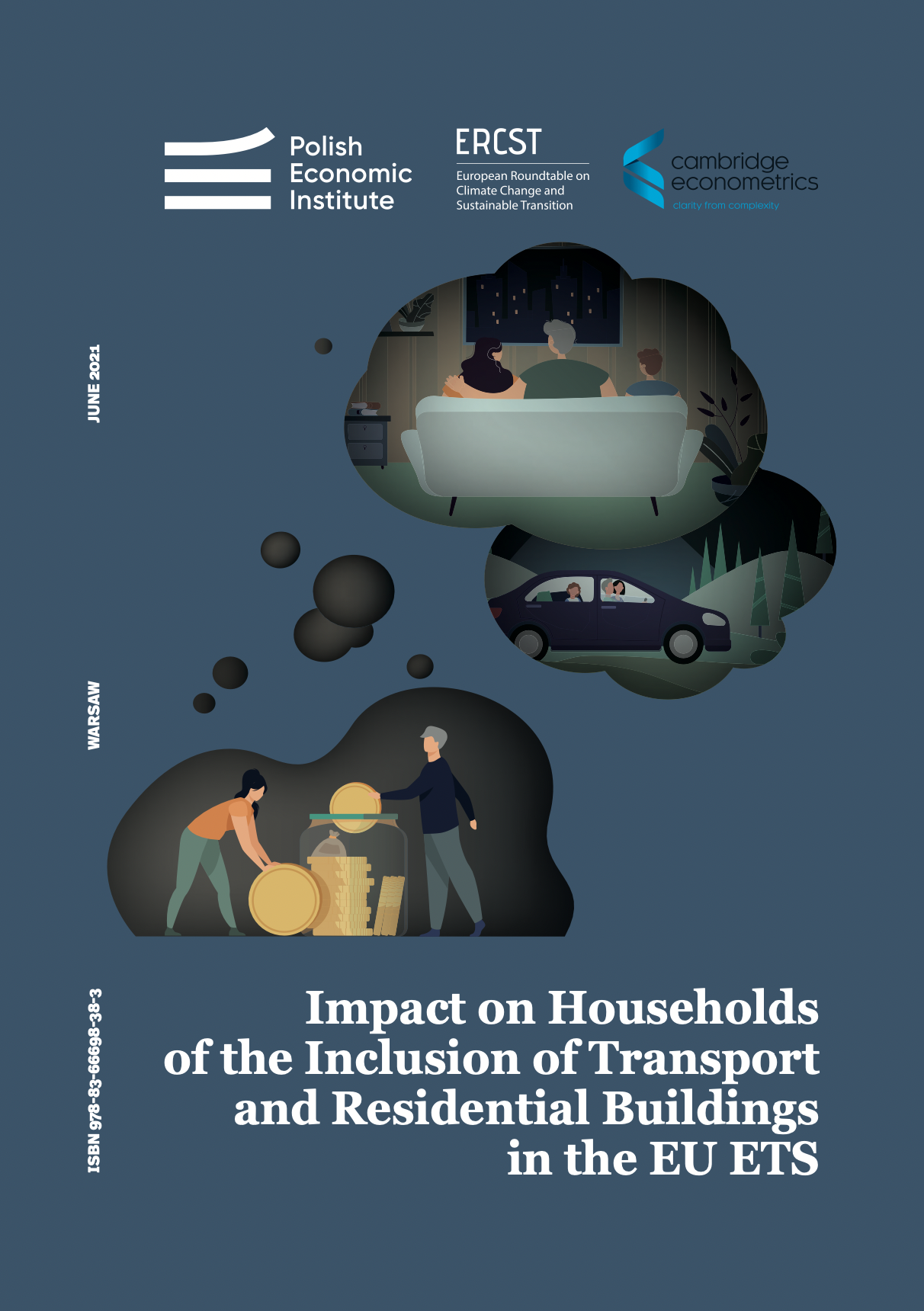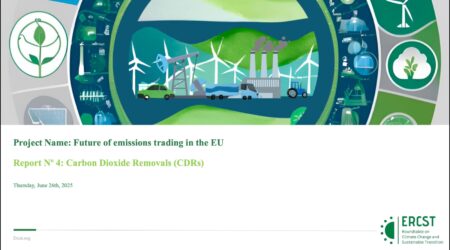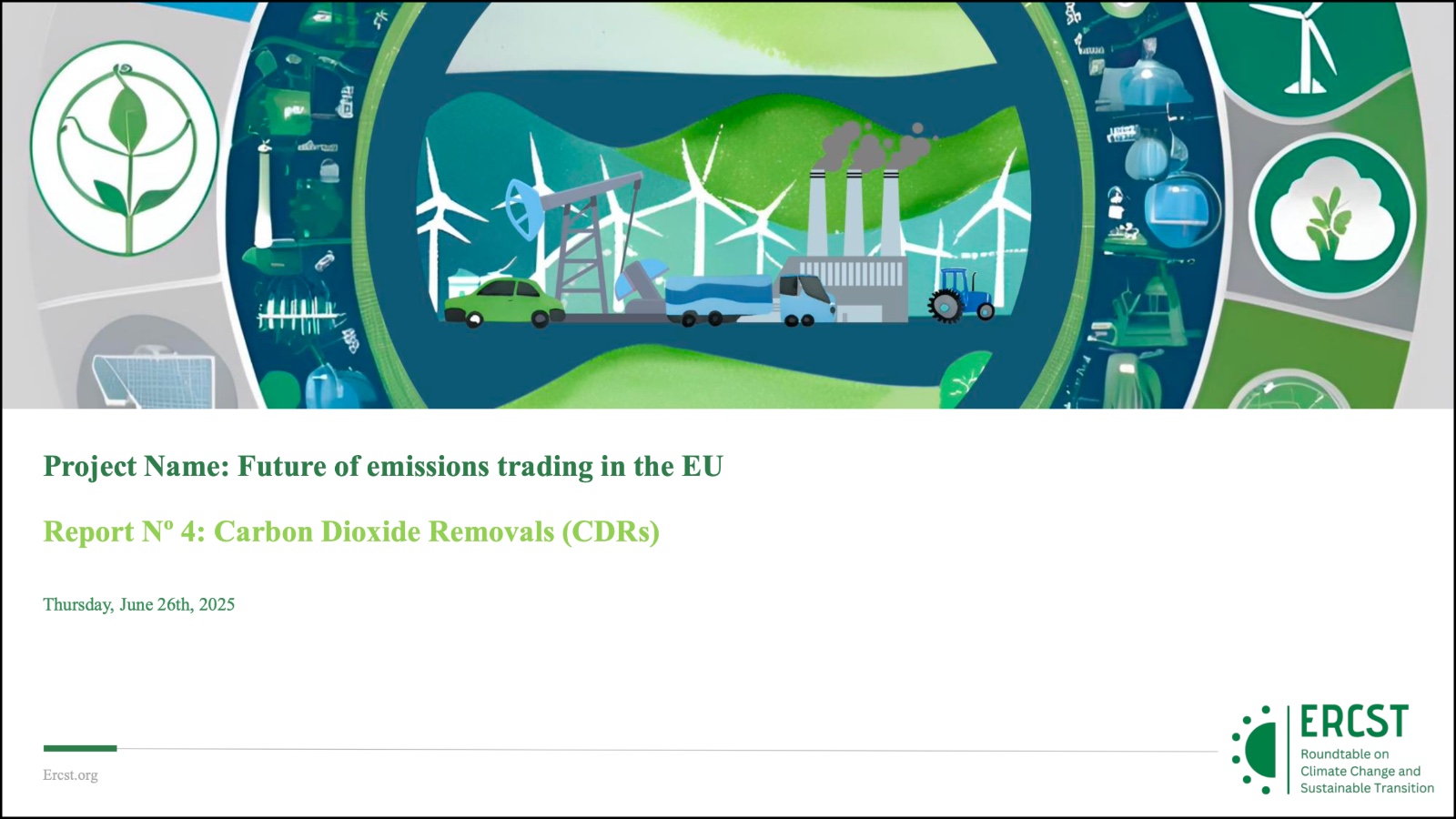Impact on Households of the Inclusion of Transport and Residential Buildings in the EU ETS
Author(s): Andrei Marcu, Stefano Cabras, Magdalena Maj, Wojciech Rabiega, Aleksander Szpor, Dóra Fazekas
This work describes the impact on EU households’ budgets of applying carbon pricing to the transport and residential building sectors. We analyse different scenarios and, based on the results, suggest mitigating policies that can shield the poorest households that cannot afford to invest in new low-carbon technologies and solutions.
If carbon pricing is extended to road trans- port and buildings, our proposals are outlined below:
→ Offering revenue recycling schemes to assist vulnerable people. For residential buildings, this could be transfer payments, direct energy bill assistance or targeted energy efficiency programmes for the poorest households. In the transport sec- tor, revenues can be recycled by provid- ing consumer rebates for low-carbon and electric vehicles and tax breaks for lower- income households to offset the increase in fuel prices due to carbon pricing.
→ Implementing new and enhancing current energy efficiency and renewable energy policies, as well as legislation specifically targeting the building and the transport sectors, which has the potential to accel- erate the deployment of renewable energy solutions and lower energy demand, thus putting downward pressure on equilibrium EUA prices.
→ Maintaining and strengthening EU tools, like the solidarity mechanism that redistributes resources in favour of poor- er member states. With this, it should be required that 100% of the revenues generated by solidarity allowances should be spent on energy and climate purpose.
→ Increasing the Modernisation Fund and Innovation Fund to mitigate the impact of the ETS extension in those member states where the transition is more chal- lenging, as well to help bringing to the market breakthrough clean technologies in transport and buildings sectors. To en- sure the fair and efficient redistribution of resources, the allocation of funds should also take into account countries’ actual in- vestment needs and relative capabilities, as well as the national level of GDP per capita.













